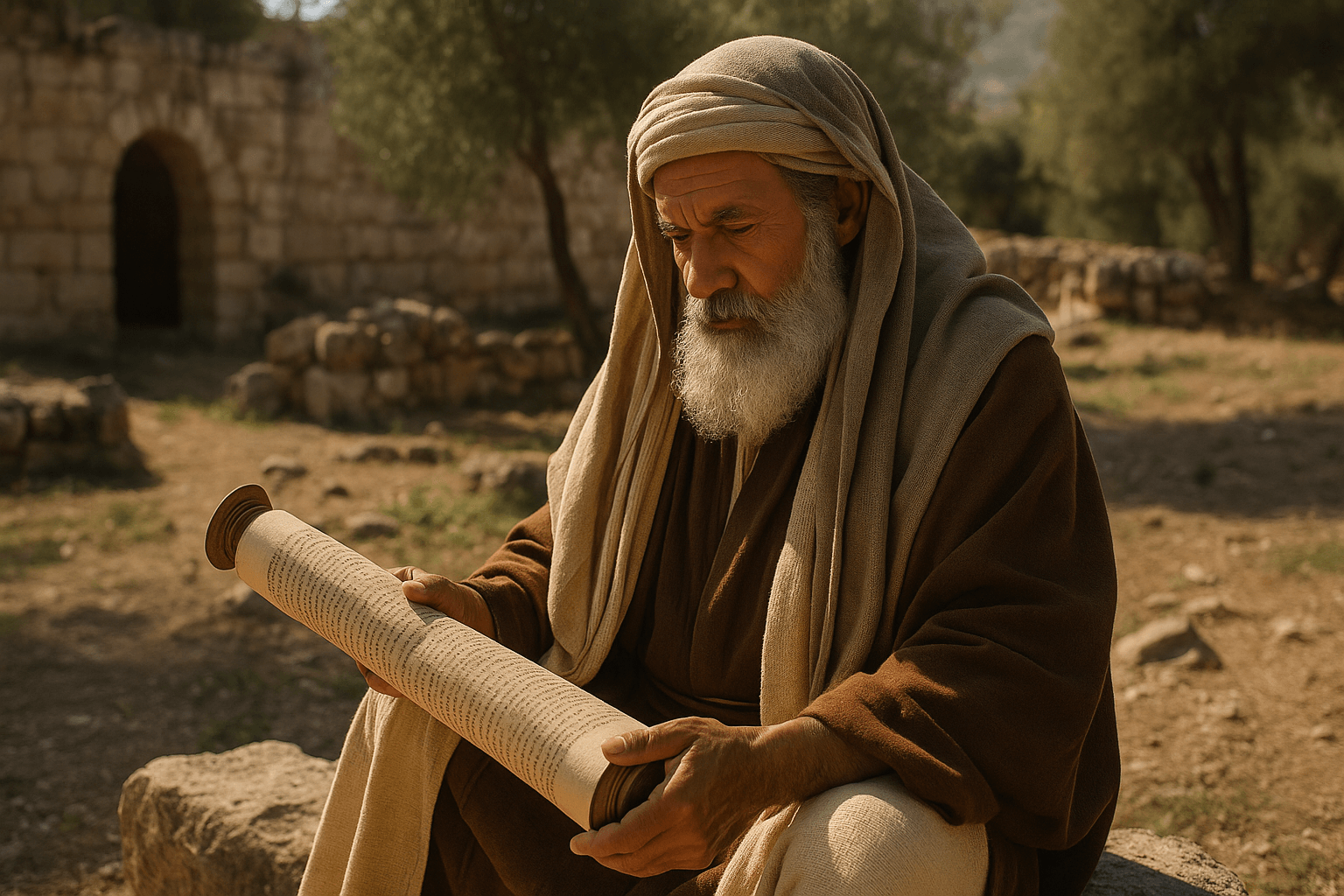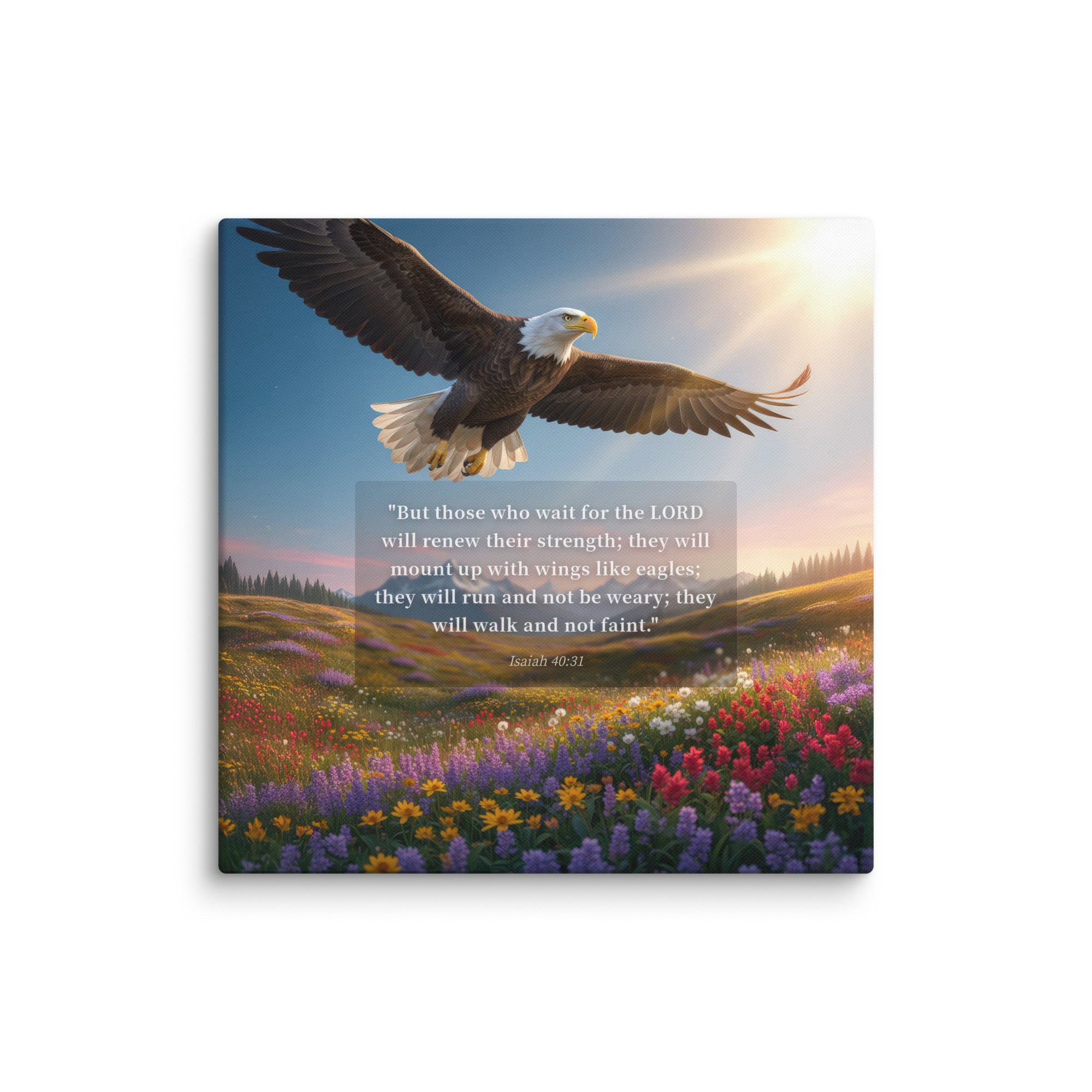The book of 2 John is one of the shortest books in the Bible, but it carries powerful messages about truth, love, and guarding against false teachers. Though it takes only a minute to read, it offers timeless wisdom for the Church today. Here are 10 interesting facts that help us understand this tiny but mighty letter.
1. 2 John Is the Shortest Book in the Bible (By Verses)
2 John contains only 13 verses. It holds the record for the shortest book in the Bible by verse count, though 3 John is slightly shorter in word count in the original Greek.
“The elder unto the elect lady and her children, whom I love in the truth…” (2 John 1:1)
2. Written by the Apostle John
The letter does not mention John's name directly, but it begins with “The elder,” a title often associated with the Apostle John late in his life. Based on language and themes, most Bible scholars agree it was written by John the Apostle, the same author of the Gospel of John, 1 John, 3 John, and Revelation.
3. Addressed to "The Elect Lady and Her Children"
There’s debate about who the “elect lady” is. Some believe it refers to an actual Christian woman and her family. Others think it’s symbolic of a local church and its members.
“And now I beseech thee, lady, not as though I wrote a new commandment unto thee, but that which we had from the beginning, that we love one another.” (2 John 1:5)
4. Focuses on Truth and Love
A major theme of 2 John is the balance between truth and love. John emphasizes the need to walk in truth, while still showing love to others.
“And this is love, that we walk after his commandments.” (2 John 1:6)
5. Warns Against False Teachers
John warns believers not to welcome or support deceivers who do not teach that Jesus Christ came in the flesh. He calls them antichrists and tells the church to stay away from them.
“For many deceivers are entered into the world, who confess not that Jesus Christ is come in the flesh. This is a deceiver and an antichrist.” (2 John 1:7)
6. Strong Words About Hospitality
While hospitality was important in the early Church, John warns believers not to show hospitality to false teachers, as this could help spread their lies.
“If there come any unto you, and bring not this doctrine, receive him not into your house, neither bid him God speed.” (2 John 1:10)
7. Connected Closely with 1 John and 3 John
2 John is like a mini version of 1 John—it repeats key themes like truth, love, and obedience. It's also closely tied to 3 John, which focuses on how to handle false teachers and how to support faithful ones.
8. Encourages Living Out the Commandments
John stresses that love is more than a feeling. It's shown through obedience to God’s commandments. This echoes Jesus’ teaching in John 14:15, “If ye love me, keep my commandments.”
“This is love, that we walk according to His commandments.” (2 John 1:6)
9. Ends with a Personal Touch
Even though it's a short letter, John ends warmly, saying he would rather talk face-to-face than write with paper and ink.
“Having many things to write unto you, I would not write with paper and ink: but I trust to come unto you, and speak face to face…” (2 John 1:12)
10. The Final Greeting Mentions “The Children of Your Elect Sister”
This line again points to either another Christian family or another local church. Either way, it shows the unity and affection among early believers.
“The children of thy elect sister greet thee. Amen.” (2 John 1:13)
Summary Table
| Fact | Key Point | Supporting Verse |
|---|---|---|
| 1 | Shortest book by verses | 2 John 1:1–13 |
| 2 | Written by John the Apostle | Implied by authorship style |
| 3 | Addressed to the “elect lady” | 2 John 1:1 |
| 4 | Focus on truth and love | 2 John 1:6 |
| 5 | Warns against deceivers | 2 John 1:7 |
| 6 | Caution on hospitality | 2 John 1:10 |
| 7 | Linked to other epistles | 1 John and 3 John |
| 8 | Love is obedience | 2 John 1:6 |
| 9 | John preferred in-person talks | 2 John 1:12 |
| 10 | Mentions “elect sister” | 2 John 1:13 |
























